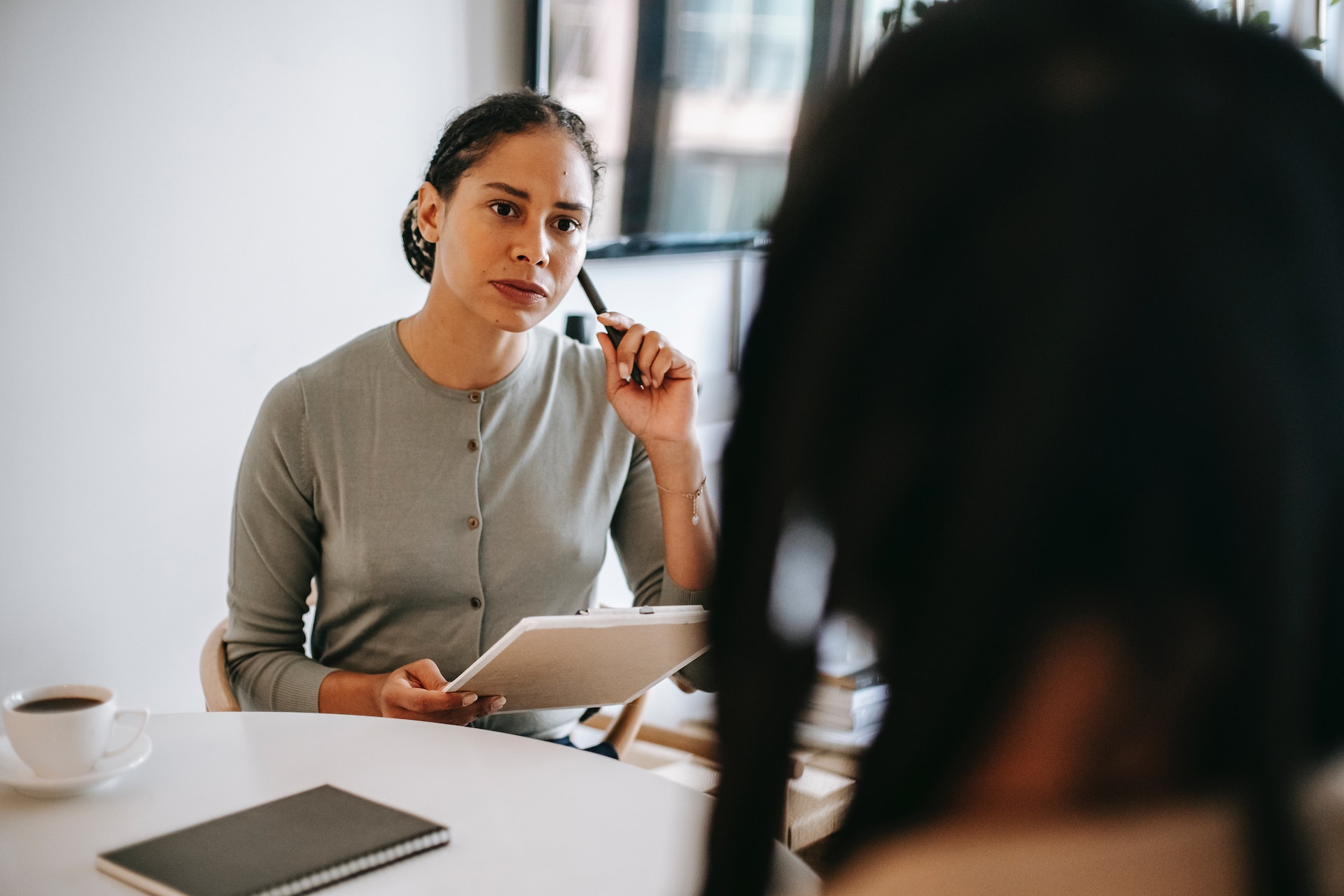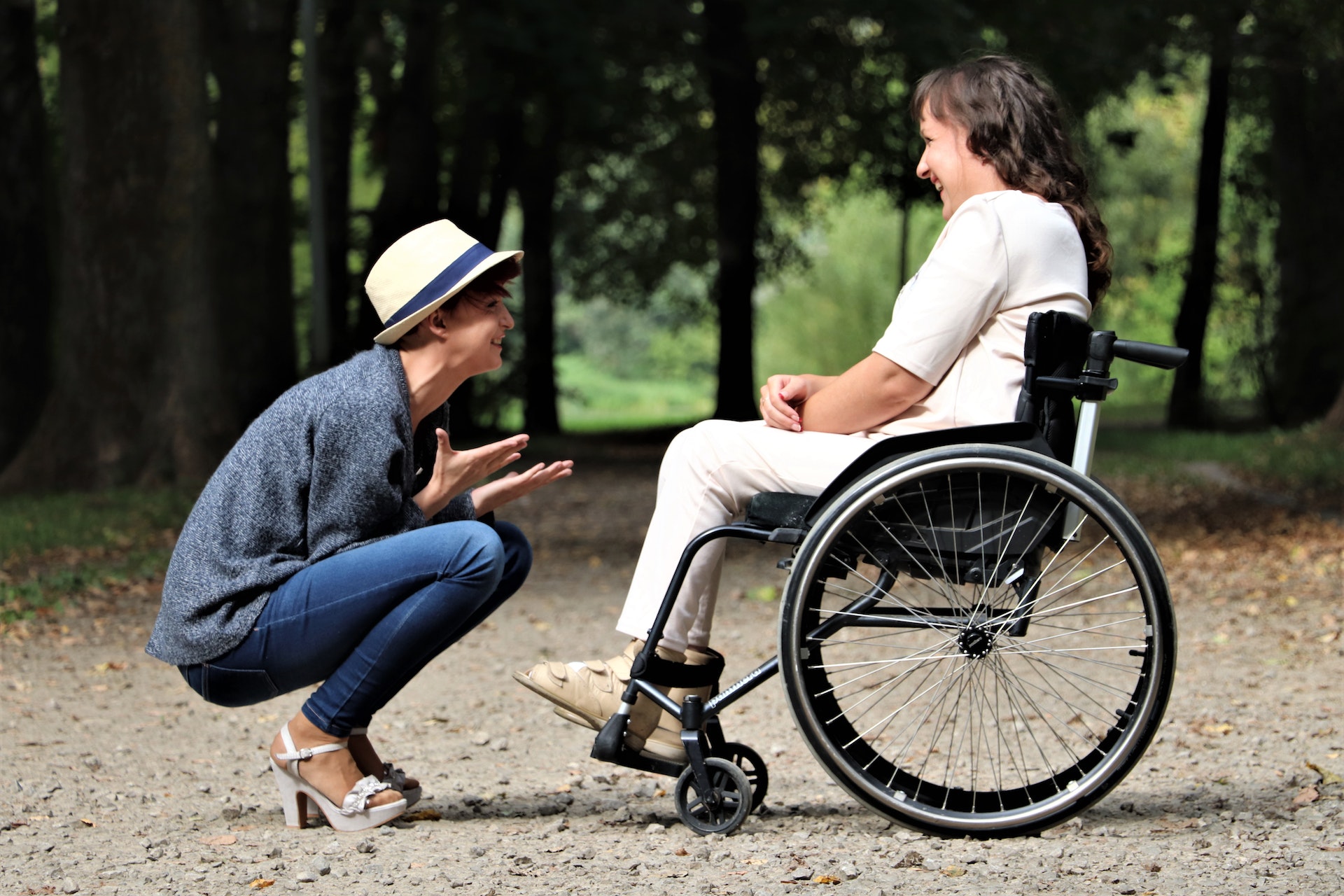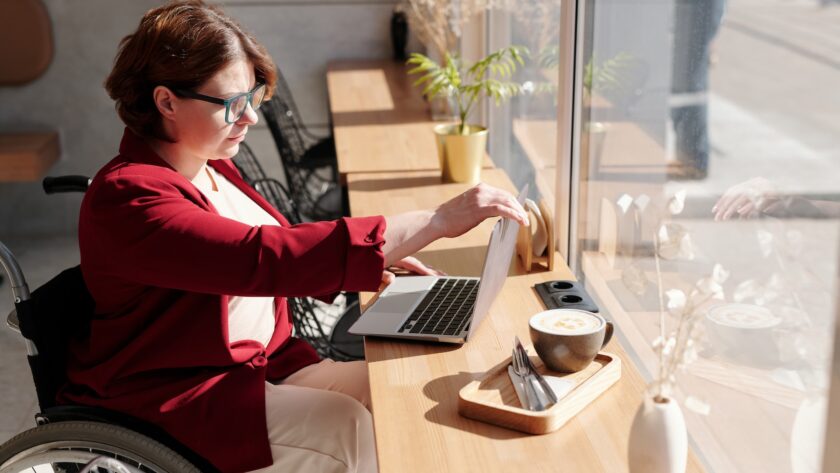Living independently with a disability can bring particular difficulties, but it is entirely feasible to live a happy and self-sufficient life with the correct approaches and assistance. Here are some helpful hints to assist you in completing daily tasks, encouraging independence, and improving your quality of life, regardless of whether you have a physical, sensory, or cognitive disability.
Adapting your environment
Having an accessible and customized living space is one of the first stages to live independently while having a disability. Start by performing a complete evaluation of your residence or living area. Determine any potential trouble spots, such as tight entrances, steep stairs, or high shelves. Consider installing ramps or elevators to make spaces more accessible for mobility aids, and enlarging doorways to make room for wheelchairs. Install grab bars in the bathrooms, and make sure your kitchen has cupboards and counters that can be adjusted. Move furniture around to make passageways broader and get rid of any potential impediments and think about your personal development. You may dramatically boost your autonomy and simplify daily activities by customizing your environment to meet your demands.
Developing effective communication strategies
Effective communication is crucial for independent travel. Use communication aids like text-to-speech software or video relay services for speech or hearing impairments. Explore tailored assistive technologies such as speech recognition software or hearing aids. Inform your network about your communication needs for support. Establish clear communication strategies to ensure your voice is heard and understood, enabling greater independence.
Accessing community resources

You may need the assistance of community resources and support services if you want to live freely while having a disability. Do some research on and make contact with regional advocacy networks, a support group such as ndis support coordination, and organizations that focus on disability rights and services. These resources can offer helpful advice, support, and emotional assistance. If you live in Australia, you might also want to look into the National Disability Insurance Scheme (NDIS). Access to occupational therapists is one of the necessary support and service options funded by the NDIS. An experienced NDIS occupational therapist is a professional in determining each person’s unique needs. They can advise changes to your environment, provide assistive technology, and offer ways to increase your independence and general well-being. You can gain access to the information and resources required to live independently and with confidence by making use of local resources and expert assistance.
Managing personal care and household tasks
Managing personal care and domestic duties without continual support is frequently necessary for independent living. Your daily routines should be broken down into doable steps, and you should discover flexible ways to carry them out. For instance, utilizing adaptive tools like long-handled brushes or reaching assistance might make personal grooming easier if you have poor hand dexterity. When showering or using the toilet, grab bars or handrails installed in bathrooms can offer stability and support. Investigate helpful appliances like robotic vacuums or automatic washing machines that can lessen the load when it comes to domestic tasks. You can assign jobs by hiring help or asking friends and family for assistance. The key is to adapt and find techniques that work best for your unique needs and abilities, empowering you to maintain a clean and organized living space while taking care of yourself.
Prioritizing self-care and emotional well-being

It can be difficult to live freely when you have a disability, both physically and mentally. To have a healthy, balanced lifestyle, it is crucial to put emotional health and self-care first. Whether it’s engaging in a pastime, practicing mindfulness, or spending time with loved ones, do things that make you happy and relaxed. To meet people who have experienced similar things, think about joining support groups or taking part in recreational programs tailored to people with disabilities. If you require expert assistance to handle any potential emotional issues, look into counseling or therapy. Celebrate all of your accomplishments, no matter how minor, and keep your strengths in mind. You’ll have the resiliency and mental toughness to face challenges and thrive on your own if you look after your physical and emotional needs.
Disability independence demands tenacity, adaptability, and a strong support system. Keep in mind that you are not defined by your impairment and that you can overcome obstacles and accomplish your goals if you have the correct skills and attitude. Accept your individuality, speak up for your demands, and keep working toward independence and personal development. You can overcome obstacles and lead a life that suits your needs if you have the correct support system in place and are determined to do so.



